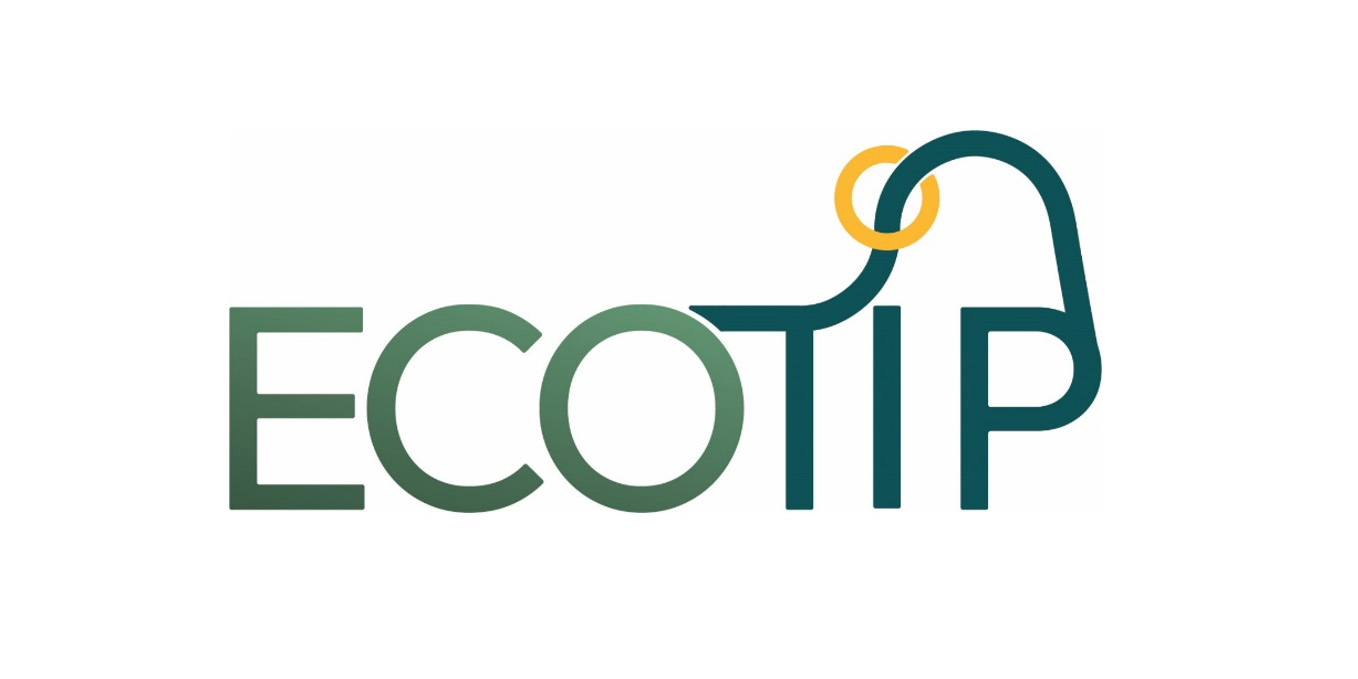ECOTIP: Identifying the Tipping Points Leading to an Ecosyndemic
An ecosyndemic is a situation where various diseases and conditions mutually reinforce each other due to an unfavorable living environment.

An ecosyndemic is a situation where various diseases and conditions mutually reinforce each other due to an unfavorable living environment. The moment an ecosyndemic arises is called a tipping point. Within the ECOTIP project, these tipping points are investigated.
Data
Data for this project is collected from various sources, playing a crucial role and forming the basis for the data-driven development of health interventions. The Hague University of Applied Sciences ensures that this data is responsibly collected, processed, and interpreted. The legal and ethical aspects are discussed in a learning network with policymakers, health and welfare professionals, and citizens, paying attention to different perspectives.
Goal
The project has set three consecutive goals:
1. Determine when and under what circumstances these tipping points arise;
2. Determine the optimal timing and conditions for interventions;
3. Develop effective interventions.
Target Group
The target group includes residents, health and welfare professionals, and policymakers from the region of The Hague.
Method
The project uses a variety of work packages, employing both quantitative and qualitative research methods. This variation includes complex data science techniques to quantitatively identify tipping points. Another example is co-creation methodologies to develop a collectively supported health intervention.
Results
The project is expected to deliver several end products, including: datasets, algorithms, visualizations, infographics, dashboards, scientific articles, policy documents, toolboxes, multidisciplinary workshops, and conferences. Additionally, it will provide a 'business plan' for public health, a data quality register, and guidelines for responsible data use.
Duration
The project runs from February 1, 2024, to January 31, 2029.
Team
- Lampros Stergioulas
- Ester de Jonge
- Heidi Chierandjoe
Collaboration
The Hague University of Applied Sciences collaborates with various partners for this project, including: Leids Universitair Medisch Centrum (LUMC), Erasmus MC, Universitair Medisch Centrum Utrecht (UMC Utrecht), Universitair Medisch Centrum Groningen (UMCG), Rijksuniversiteit Groningen (RUG), Leiden Institute of Advanced Computer Science (LIACS), Gemeente Rotterdam en Utrecht, Provincie Zuid-Holland en Groningen, GGD Hollands Midden, Haaglanden en Zuid-Holland Zuid, Menzis, Mezuro, WeCity, AM, Geogap, ESRI, Hadoks en Accare.
Funding
The project is funded by the Nederlandse Organisatie voor Wetenschappelijk Onderzoek (NWO).
More Information
The funder, NWO, has listed the project on their website.
Contact
Ester de Jonge ([email protected])